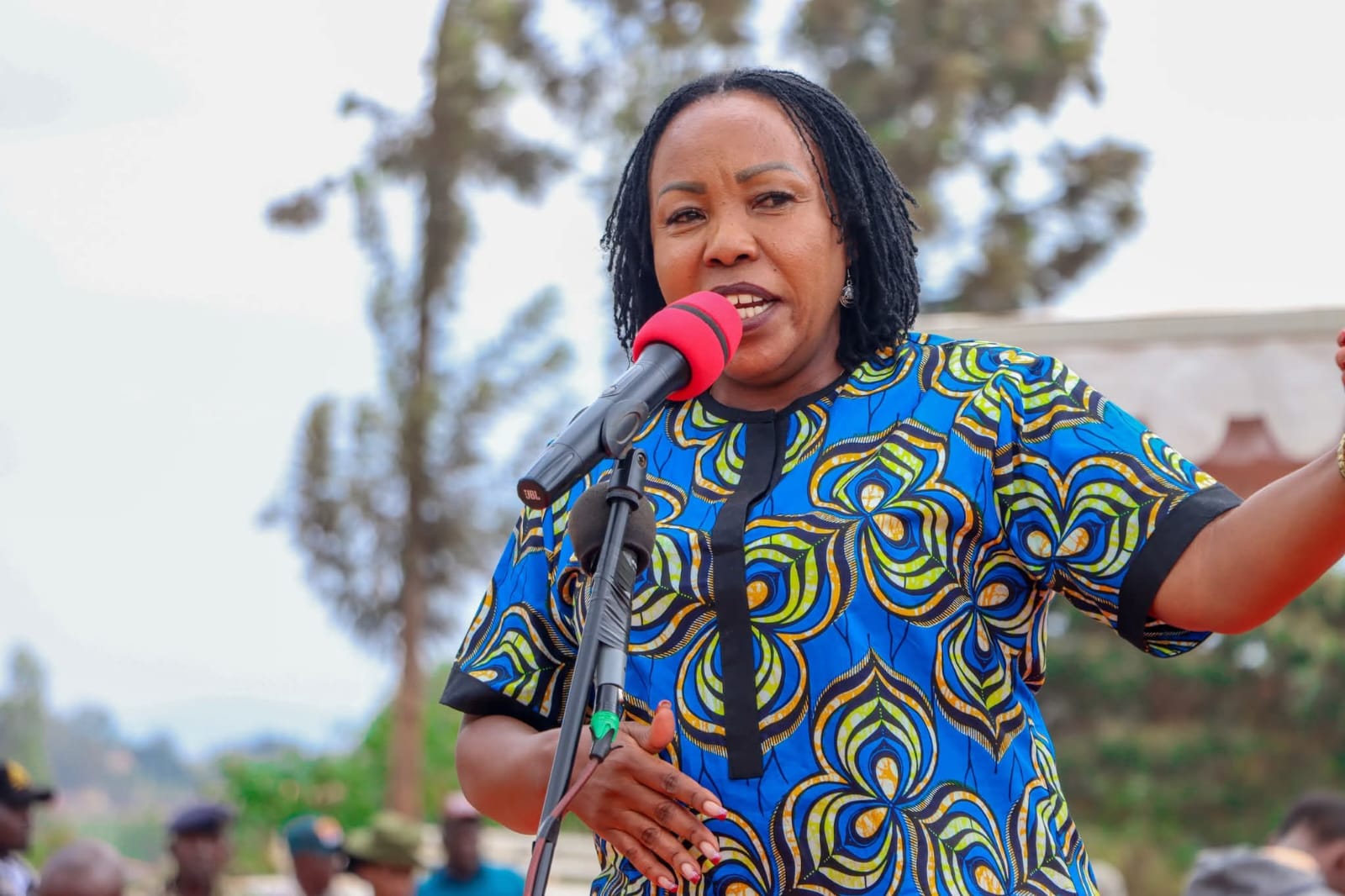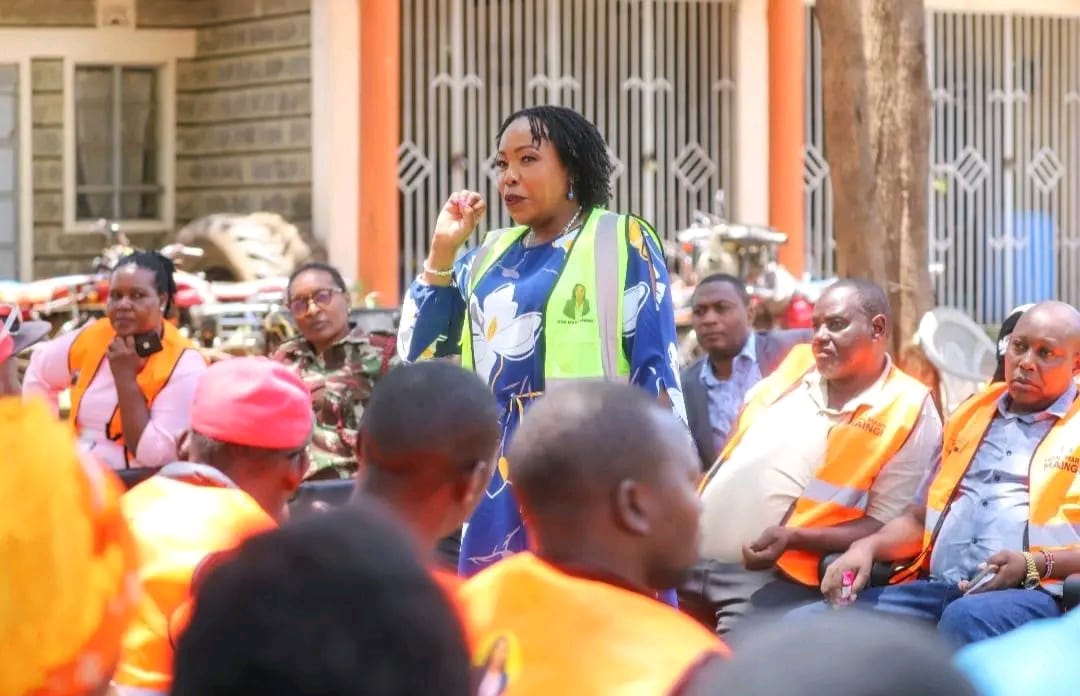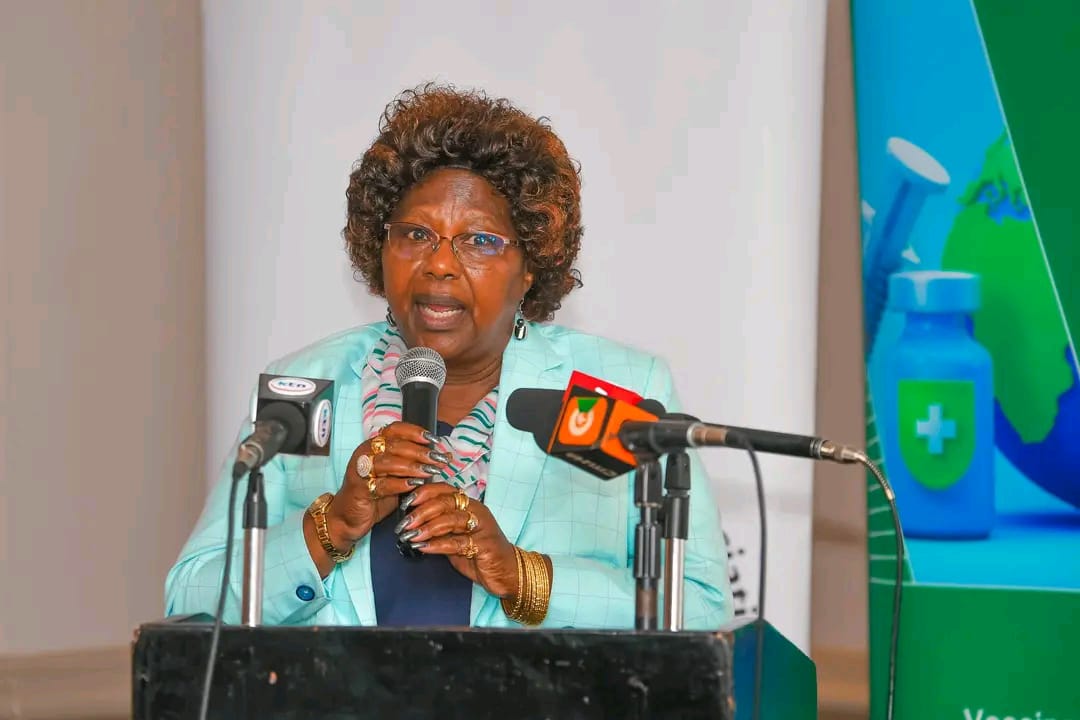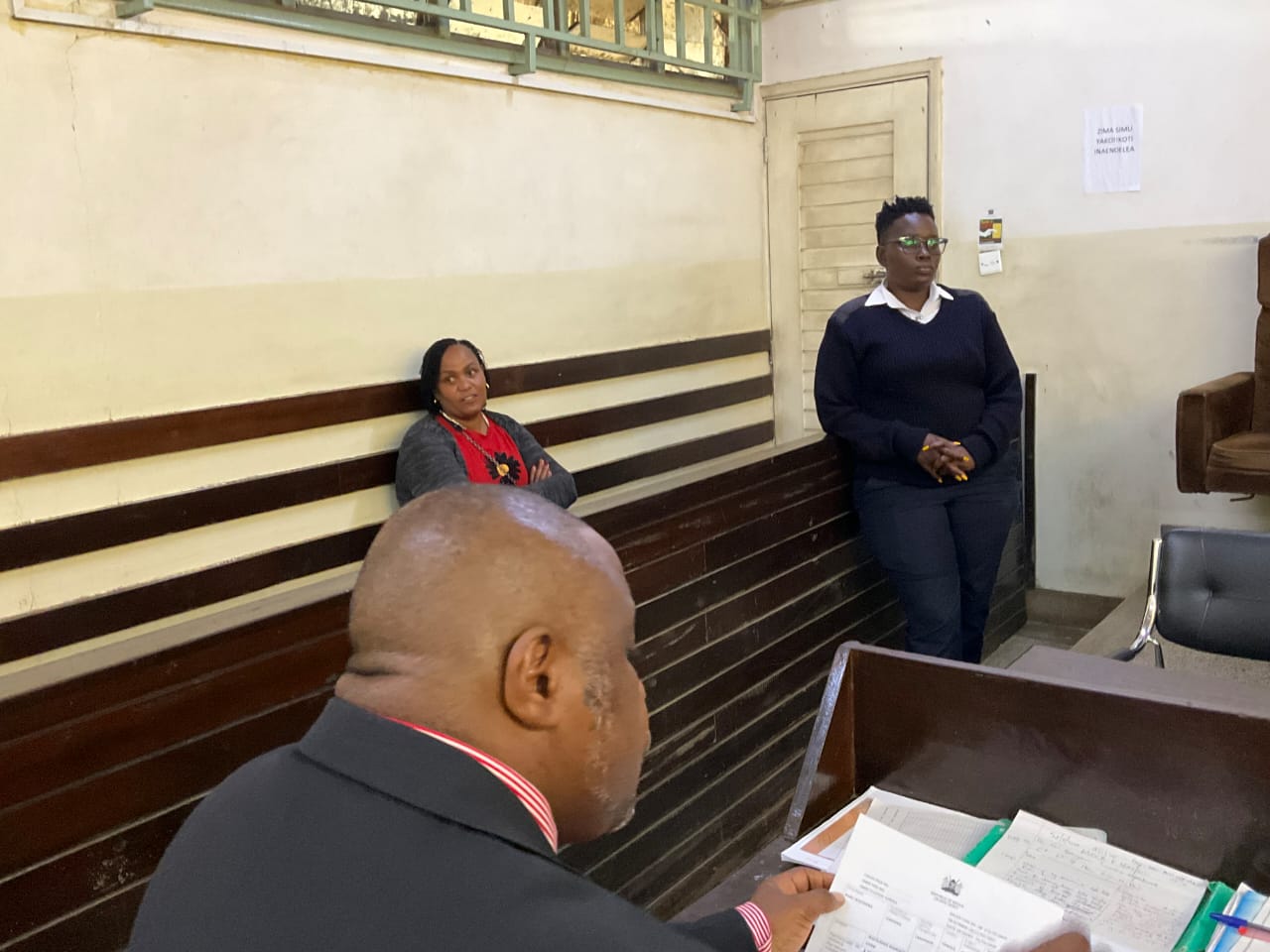
MWEA, Kirinyaga County — Mwea Member of Parliament Hon. Mary Maingi has called on the Government to immediately suspend rice importation, warning that continued imports threaten the livelihoods of thousands of local farmers.
Hon. Maingi said the recent decision to allow duty-free rice imports could destabilize the market, particularly as Mwea farmers anticipate a bumper harvest. She cautioned that an influx of imported rice risks lowering prices and undermining farmer morale.
However, the legislator commended the Government for its recent intervention in purchasing unsold rice that had been lying in stores across Mwea. She lauded the allocation of KSh 500 million to buy locally grown Pishori rice, describing it as a timely relief and a demonstration of the Government’s commitment to supporting farmers.
“I want to sincerely thank the Government for the positive step of buying off the rice that had been lying idle in stores. This has given our farmers hope and encouragement to continue producing high-quality Pishori rice,” she said.
Hon. Maingi urged the Government to build on this momentum by allocating additional funds to purchase the expected December 2025 harvest, noting that early planning would protect farmers from market shocks and ensure fair returns.
“As we prepare for the December harvest, I appeal to the Government to allocate resources in advance to buy the new rice. This will stabilize prices and sustain the competitiveness of our local rice industry,” she added.
The MP emphasized that protecting local producers must remain a national priority, pointing out that rice farming supports thousands of households and contributes significantly to Kenya’s food security and economic growth.
She called for stronger market linkages, greater value addition, and increased local consumption of Kenyan-grown rice, stressing that policies discouraging unnecessary imports are essential to safeguard the sector.
Hon. Maingi reaffirmed her commitment to championing the welfare of Mwea farmers, underscoring that empowering local producers and promoting agricultural self-reliance remain key to Kenya’s long-term economic stability.









